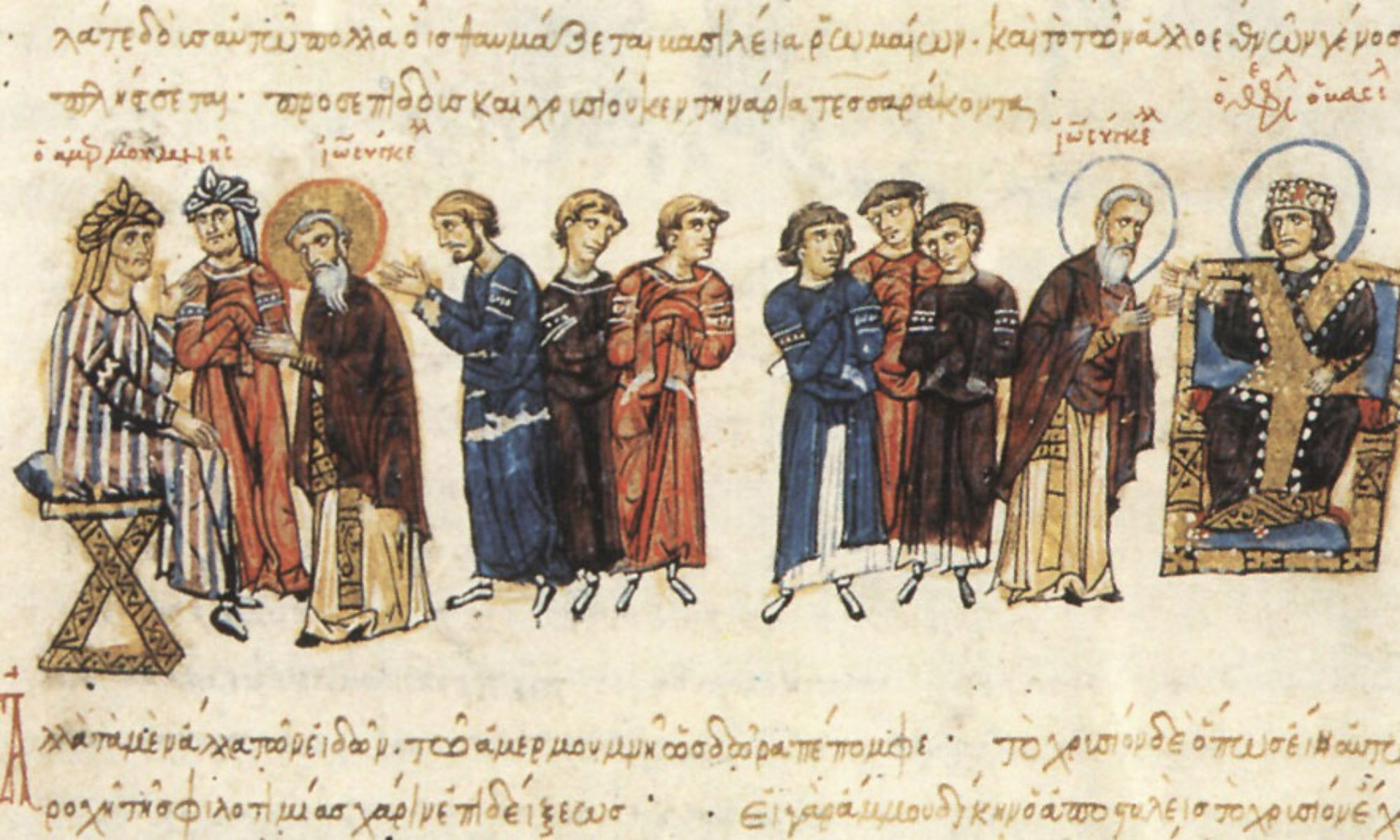We’re doing something we haven’t done before. We’re sharing the script for our forthcoming show. We’re doing this because we’re stuck for our fourth question before the final promo question. This month we’re interviewing Dr. Khalil Andani on an introduction to the history of Ismailism.
So here’s our script so far which we will modify with your questions. We want to stay in our golden zone of 30 minutes.
[intro jingle] Hello and welcome to episode 13 of the Abbasid History Podcast: an audio platform to examine premodern Islamic(ate) history and a global medieval past. We are sponsored by IHRC bookshop. Visit IHRC bookshop at shop.ihrc.org. I am your host, Talha Ahsan, a 1st year PhD student at the School of Oriental and African Studies in London. Now onto the show.
Ismailism, a branch of Shia Islam, attribute themselves to Ismail, who died in 762CE, the eldest son of the 6th Shia Imam Jaʿfar al-Ṣādiq. Ismailism rose at one point to become the largest branch of Shīʻism, climaxing as a political power with the Fatimid Caliphate in the tenth through twelfth centuries.
To discuss with me today an introduction to the history of Ismailism is Dr. Khalil Andani. Dr. Andani completed his PhD at Harvard before his current role as Assistant Professor of Religion at Augustana College.
Welcome Dr. Andani.
Let’s start at the beginning to distinguish Ismailism from Twelver Shi’ism and Sunnism. Twelver Shias believe the legitimate successor to Imam Jaʿfar al-Ṣādiq is his younger son, Mūsā al-Kāẓim. Sketch for us the reason for this split and the subsequent development in their different understandings of revelation and the Prophet’s spiritual and temporal legacy.
In the year 930, a group known as the Qaramatians, or in Arabic Qarāmiṭah, stole the black stone from the Kaʿbah in Mecca. They are often thought of being a manifestation of Ismailism. To what extent is this true.
[midtro jingle]
The high point for Ismailism comes with the Fatimid empire. Time doesn’t permit the fuller exposition required. Trace for us an outline of the rise and fall of this remarkable dynasty with sources for further reading and research.
[Listeners’ questions]
As we come to an end, tell us about your current and forthcoming work. You are active on social media and you share your lessons on YouTube.
Dr. Andani, thank you for being our guest.
[Outro jingle]
Send your questions before Wednesday 15th July 1am BST



